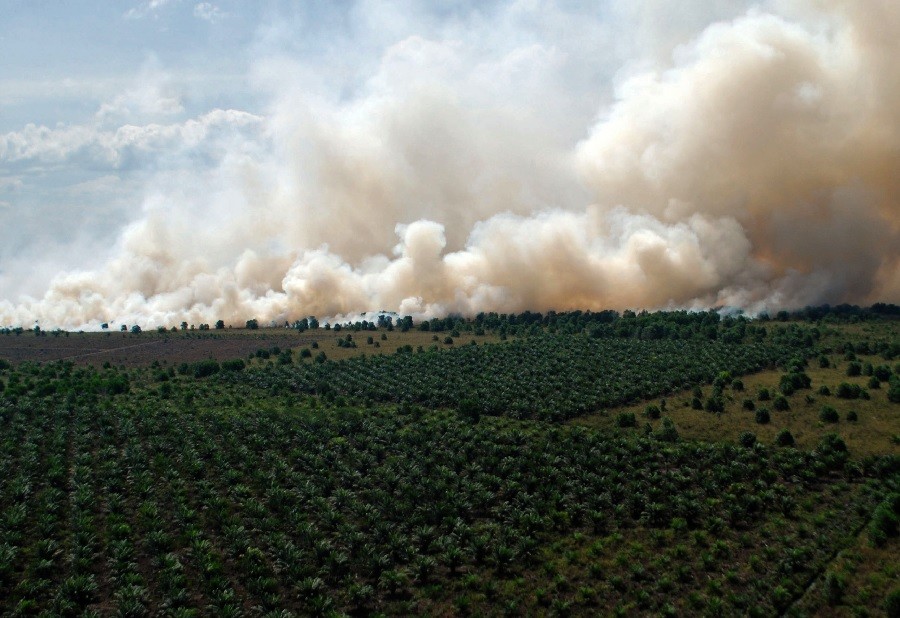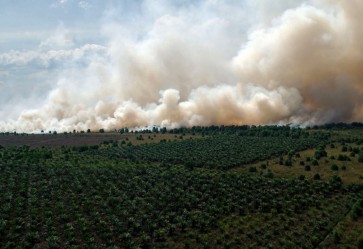Popular Reads
Top Results
Can't find what you're looking for?
View all search resultsPopular Reads
Top Results
Can't find what you're looking for?
View all search resultsClimate change, environmental degradation may hamper Indonesia’s GDP growth
In Indonesia, an economy heavily reliant on natural resources, climate change and natural resource degradation are likely to halve potential GDP growth, from 7 percent to 3.5 percent, by 2050, according to a recent study.
Change text size
Gift Premium Articles
to Anyone
A
s current food and land use systems have reportedly caused "hidden costs" almost as high as China's gross domestic product (GDP) globally, including in Indonesia, experts have urged policy-makers in the country to carry out a transformation to sustainability.
A global report recently released by the Food and Land Use (FOLU) Coalition, titled Growing Better: Ten Critical Transitions to Transform Food and Land Use, estimates that the way the global communities consume and produce food as well as use land generates “hidden” environmental, health and poverty costs amounting to almost $12 trillion a year. If no action is taken, the figure is expected to rise to $16 trillion by 2050.
In Indonesia, an economy heavily reliant on natural resources, climate change and natural resource degradation are likely to halve potential GDP growth, from 7 percent to 3.5 percent, by 2050, the report said. The country, for instance, lost an estimated $16 billion in the 2015 land and forest fires, according to the World Bank.
In terms of health costs, high levels of malnutrition – up to one in three children in the country is stunted -- taken together with obesity and diabetes, led to a GDP loss of 2 to 3 percent a year, the FOLU report said.
Given Indonesia’s status as a biodiversity hotspot and one of the world's largest food producers, experts believe that the country’s public and private sectors have to work together to attain a sustainable food and land-use system before it is too late.
In support of the adoption of sustainable food and land use in the country, FOLU Coalition Indonesia listed several recommendations that were called the Action Agenda. They were made in accordance with the Low Carbon Development Initiative (LCDI) that the Indonesian government is currently working to adopt.
A recent LCDI study by the National Development Planning Agency (Bappenas) revealed that the country could reduce its greenhouse gas (GHG) emissions by about 43 percent by 2030, while still growing its GDP by 6 percent per year until 2045, if strategic policies are applied to aid low-carbon development.


















